Indigenous Governance Database
data collection
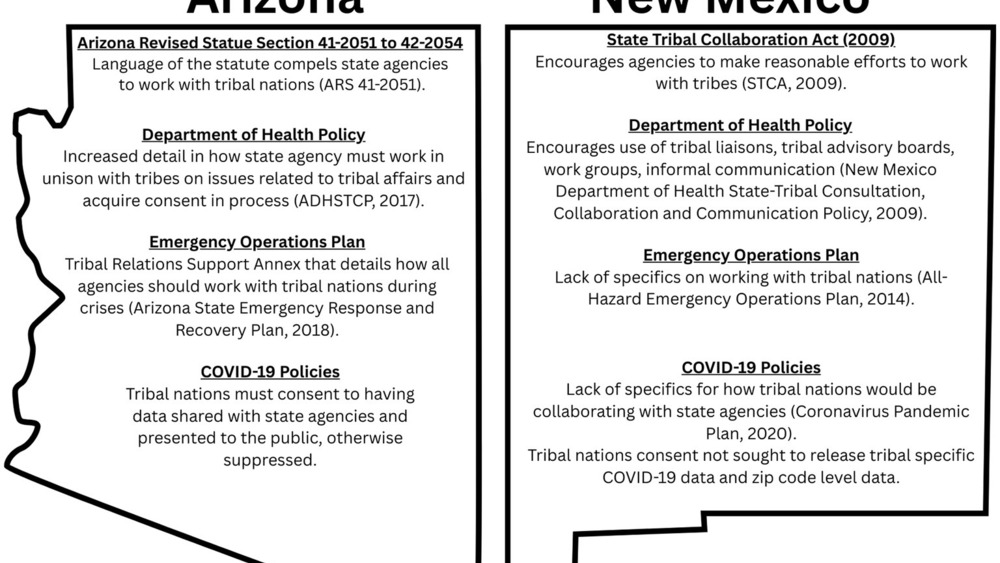
Reaffirming Indigenous data sovereignty in New Mexico as a result of COVID-19
Despite New Mexico’s history of working with and enhancing collaboration with the 23 Tribes in the state, data sharing and collaboration with Tribes was poor during the COVID-19 pandemic. New Mexico’s policies of state collaboration with Tribes conflicts with the principles of Indigenous Data…
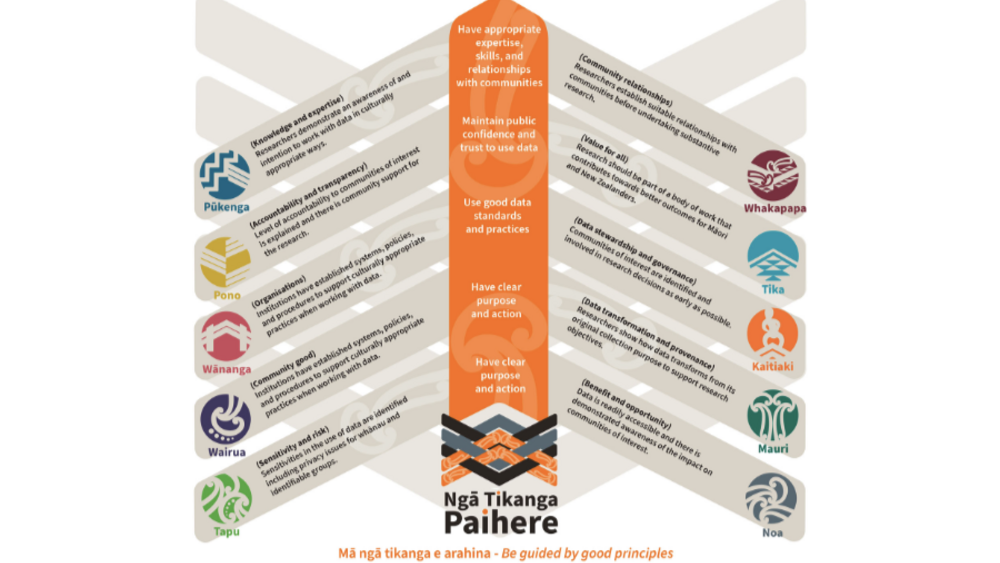
Aligning policy and practice to implement CARE with FAIR through Indigenous Peoples’ protocols
In 2019, members of the Global Indigenous Data Alliance (GIDA) published the CARE Principles (Collective Benefit, Authority to Control, Responsibility, and Ethics) for Indigenous Data Governance (IDGov). CARE has since been referenced, leveraged, and adopted in various ways across disciplines and…
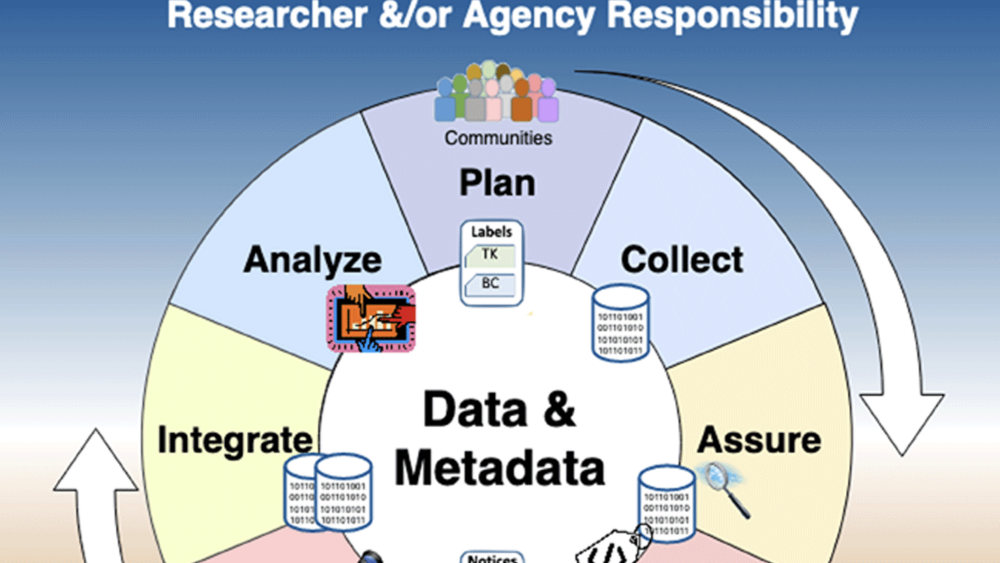
Earth Science Data Repositories: Implementing the CARE Principles
Datasets carry cultural and political context at all parts of the data life cycle. Historically, Earth science data repositories have taken their guidance and policies as a combination of mandates from their funding agencies and the needs of their user communities, typically universities, agencies…
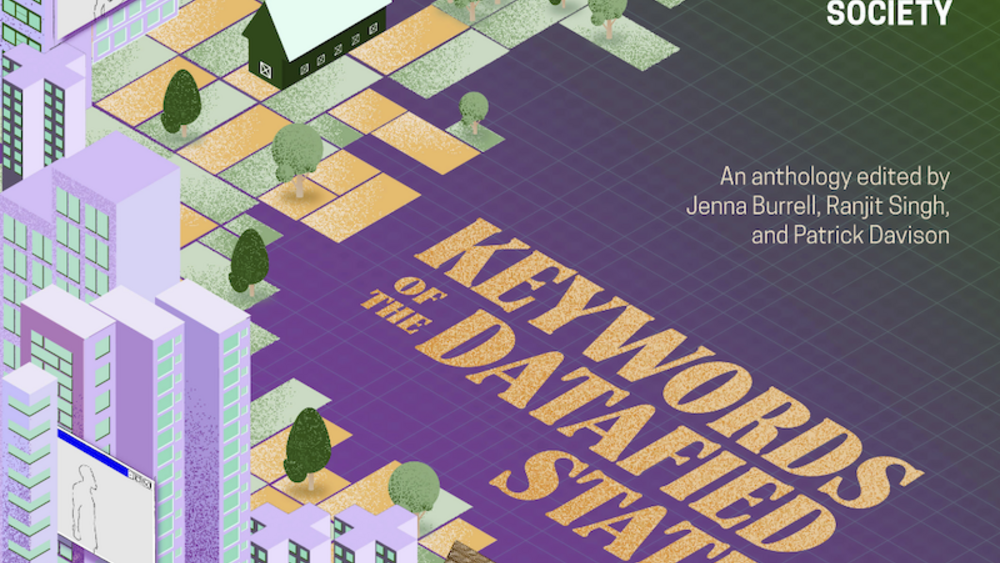
Keywords of the Datafied State: Indigenous Data Sovereignty
Indigenous Data Sovereignty (IDSov) upholds the rights of Indigenous Peoples, communities, and Nations to “govern the collection, ownership, and application” of datasets created with or about Indigenous communities, Indigenous Lands, and the community’s non-human relations. IDSov shifts from…

Indigenous Peoples Breathing Data Back | Stephanie Russo Carroll | TEDxUArizona
Indigenous peoples have been successfully working with data for millennia, and Dr. Stephanie Russo Carroll posits a way to bring “databack” into relationship with our messy, 3D, colonized world at TEDxUArizona. Discover the power of Indigenous Data Sovereignty and its role in reconnecting…
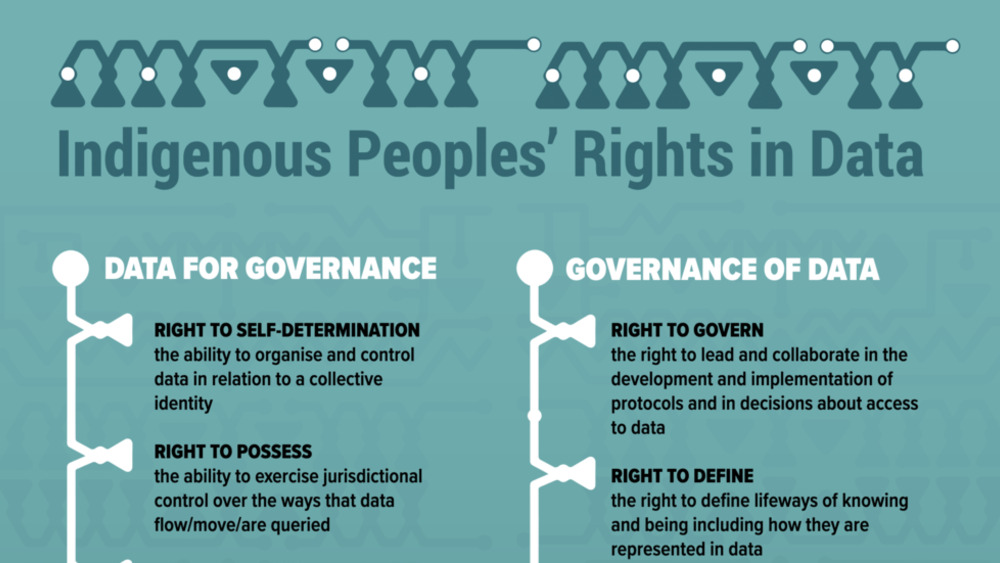
Indigenous Peoples’ Rights in Data
This is the one sheeter version of the publication "Indigenous Peoples' Rights in Data: a contribution toward Indigenous Research Sovereignty" Indigenous Peoples' right to sovereignty forms the foundation for advocacy and actions toward greater Indigenous self-determination and control across a…
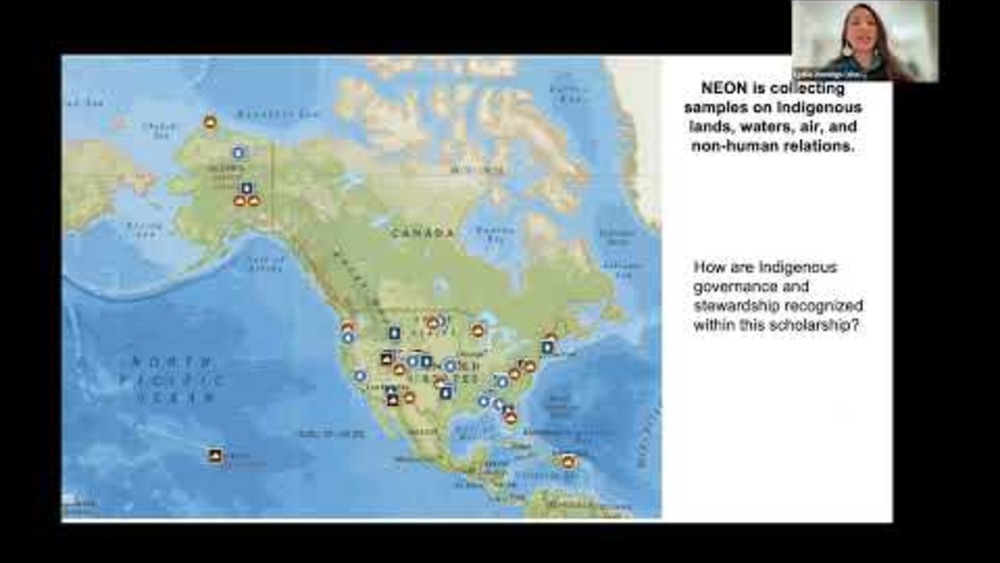
Science Seminar: Implementing the CARE Principles in Open Data Repositories
Image The people and purpose-oriented CARE Principles (Collective Benefit, Authority to Control, Responsibility, and Ethics) reflect the crucial role of data in advancing innovation, governance, and self-determination among…
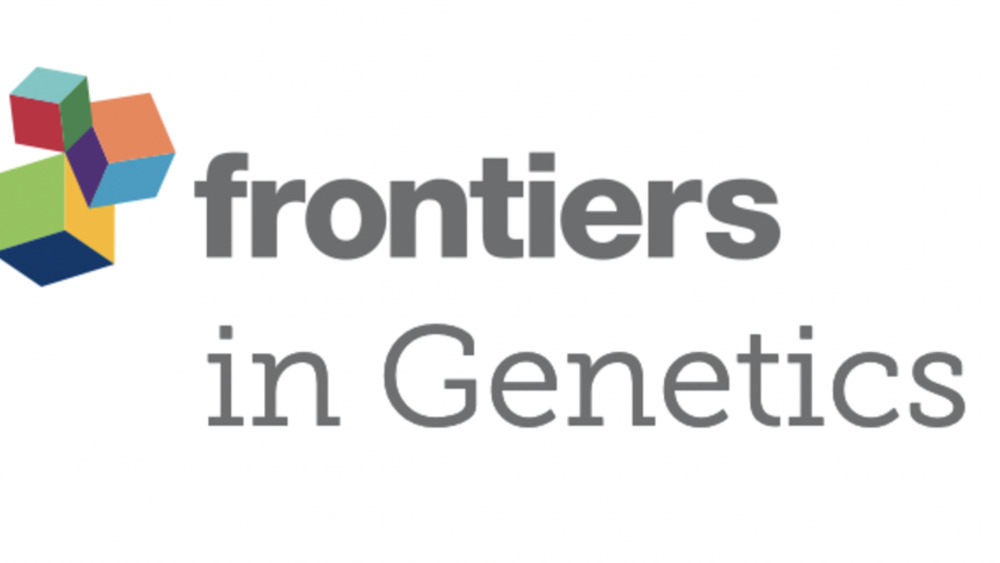
Extending the CARE Principles from tribal research policies to benefit sharing in genomic research
Indigenous Peoples have historically been targets of extractive research that has led to little to no benefit. In genomics, such research not only exposes communities to harms and risks of misuse, but also deprives such communities of potential benefits. Tribes in the US have been exercising their…

Using Indigenous Standards to Implement the CARE Principles: Setting Expectations through Tribal Research Codes
Biomedical data are now organized in large-scale databases allowing researchers worldwide to access and utilize the data for new projects. As new technologies generate even larger amounts of data, data governance and data management are becoming pressing challenges. The FAIR principles (Findable,…
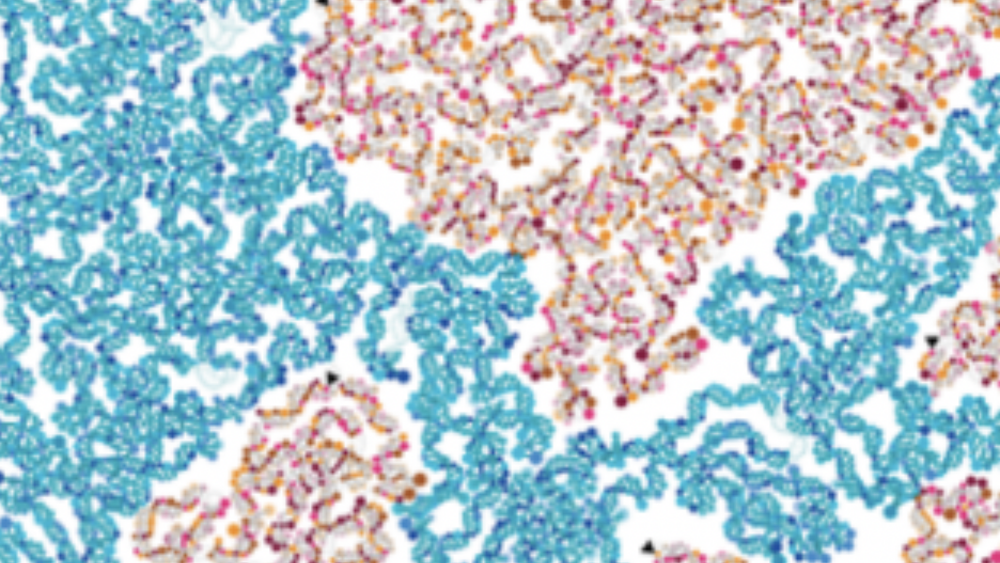
Balancing openness with Indigenous data sovereignty: An opportunity to leave no one behind in the journey to sequence all of life
The field of genomics has benefited greatly from its “openness” approach to data sharing. However, with the increasing volume of sequence information being created and stored and the growing number of international genomics efforts, the equity of openness is under question. The United Nations…
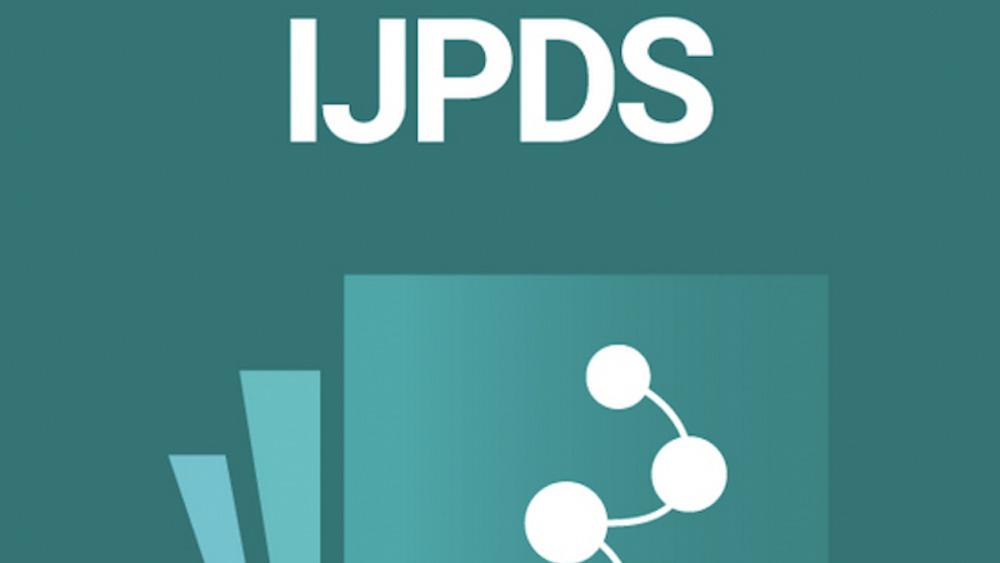
The SEEDS of Indigenous population health data linkage
Globally, the ways that Indigenous data are collected, used, stored, shared, and analyzed are advancing through Indigenous data governance movements. However, these discussions do not always include the increasingly sensitive nature of linking Indigenous population health (IPH) data. During the…
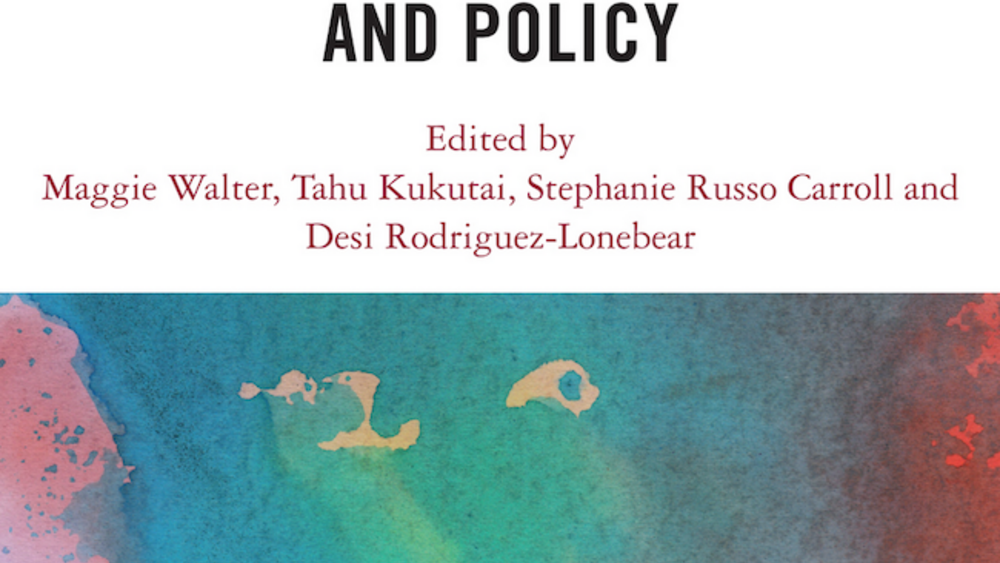
Indigenous Data Sovereignty and Policy
This book examines how Indigenous Peoples around the world are demanding greater data sovereignty, and challenging the ways in which governments have historically used Indigenous data to develop policies and programs. In the digital age, governments are increasingly dependent on data and data…
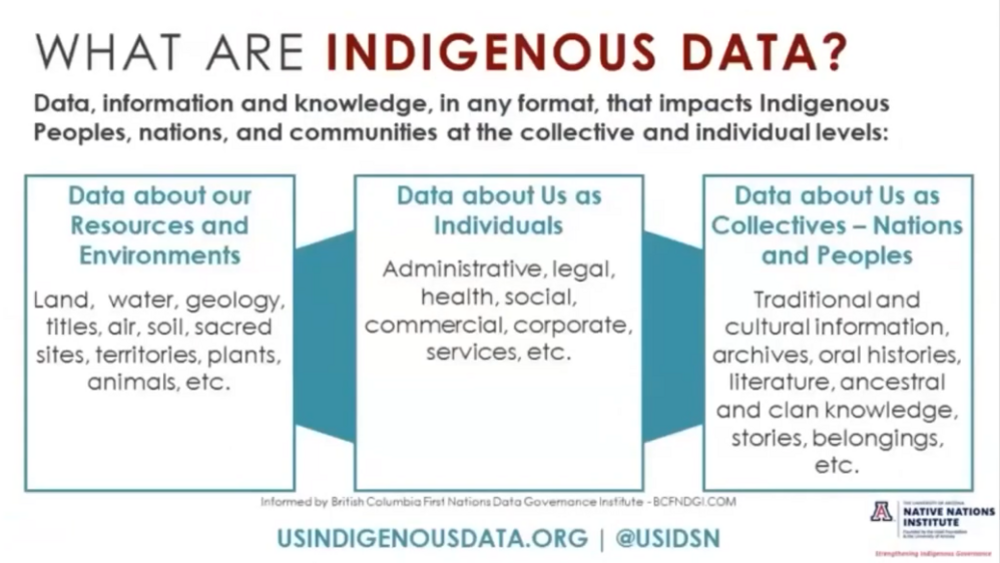
Operationalizing the CARE Principles for Indigenous Data Governance Webinar
Presented by: Stephanie R. Carroll, Assistant Professor and Associate Director of the Native Nations Institute, University of Arizona Jane Anderson, Associate Professor, Department of Anthropology and Museum Studies, New York University Extractive and unethical research practices led to the…
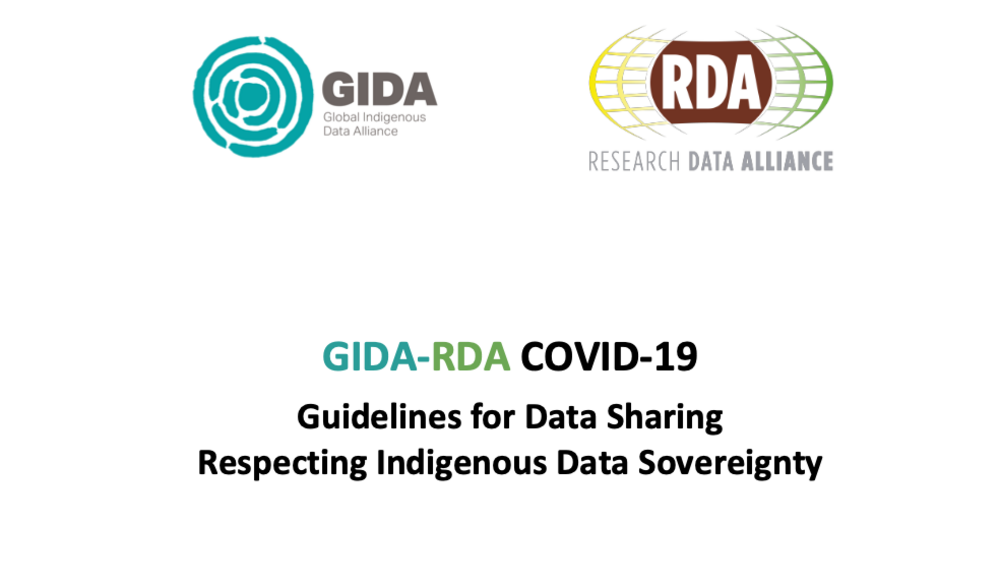
GIDA-RDA COVID-19 Guidelines for Data Sharing Respecting Indigenous Data Sovereignty
Indigenous Peoples around the globe have diverse narratives of resilience and adaptability; however, they are also acutely impacted by the negative social, economic, environmental and health outcomes of COVID-19 (UN Special Rapporteur on the rights of Indigenous Peoples, 2020). As such, it is vital…

Miriam Jorgensen on New Policy Brief Dissecting Round 1 Allocations of CARES Act Tribal Funding
Miriam Jorgensen, Research Director with the Harvard Project and with Native Nations Institute at the University of Arizona, discusses the release of a new Harvard Project and Native Nations Institute policy brief dissecting the US Treasury Department's round 1 allocations of CARES Act funding for…
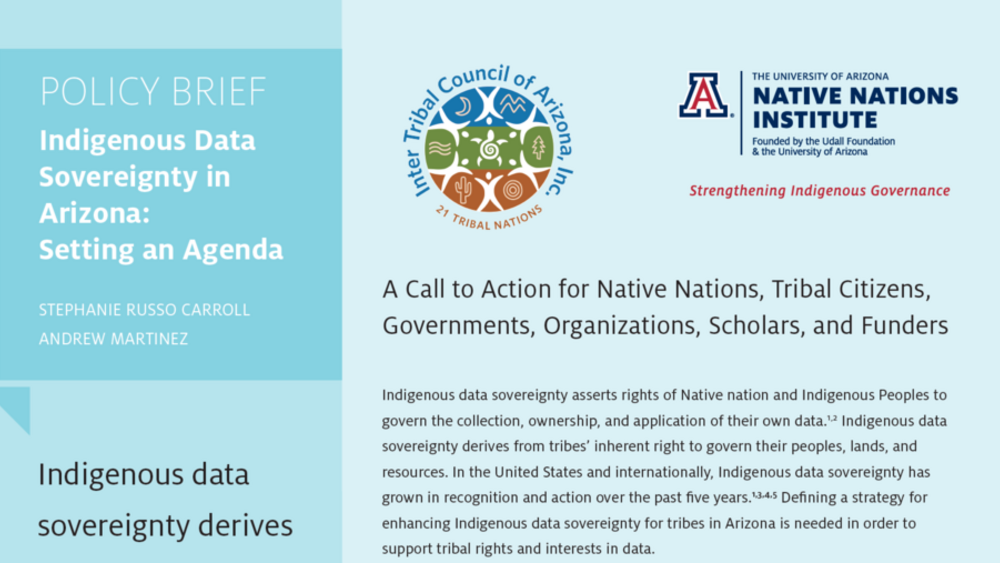
Policy Brief: Indigenous Data Sovereignty in Arizona: Setting an Agenda
Indigenous data sovereignty asserts the rights of Native nations and Indigenous Peoples to govern the collection, ownership, and application of their own data. Indigenous data sovereignty derives from tribes’ inherent right to govern their peoples, lands, and resources. In the United States and…
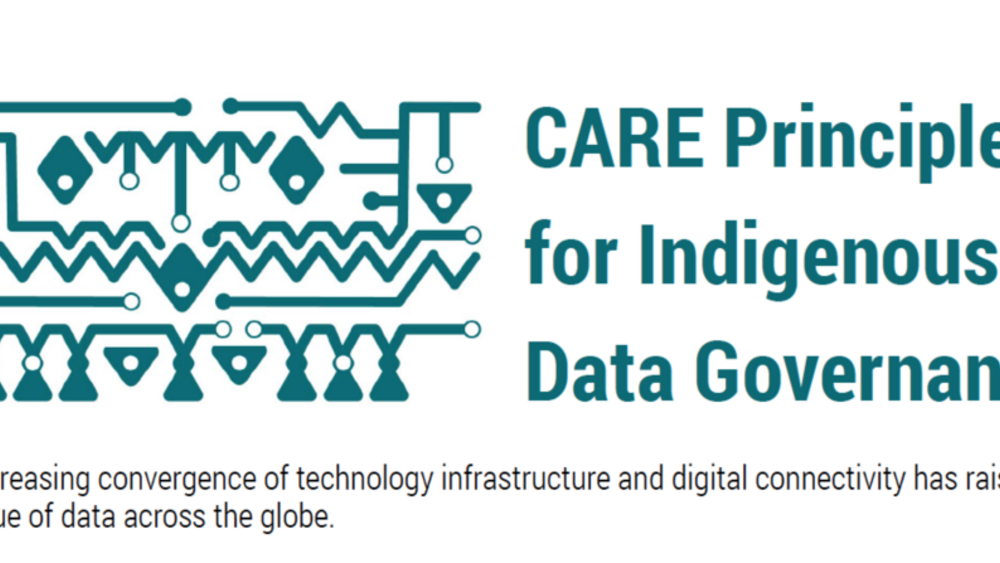
CARE Principles for Indigenous Data Governance
Los Principios CREA para la Gobernanza de Datos Indigenas The increasing convergence of technology infrastructure and digital connectivity has raised the value of data across the globe. Whether existing knowledge is digitised or new data are ‘born digital’, the impact they have on decision-making…
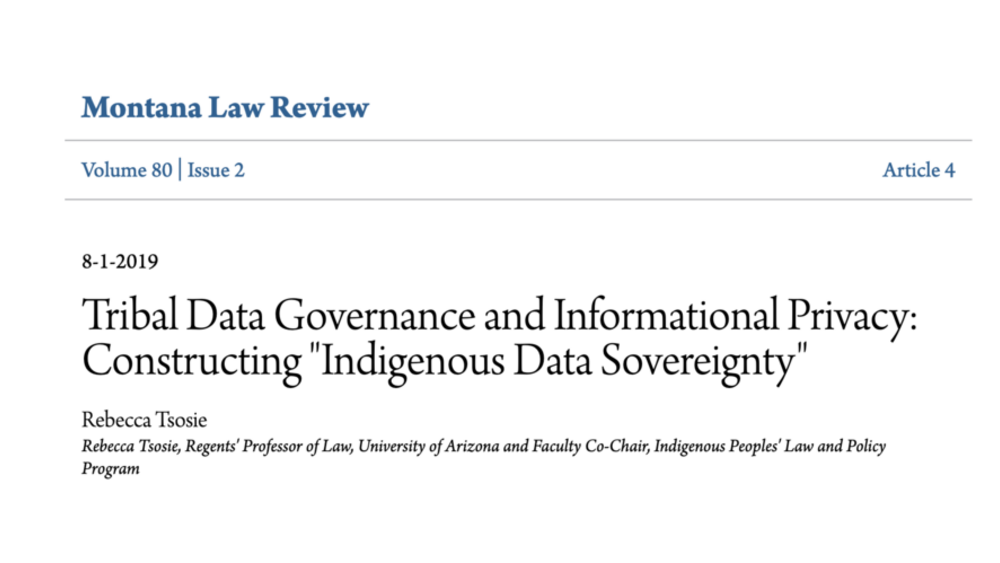
Tribal Data Governance and Informational Privacy: Constructing "Indigenous Data Sovereignty"
There is a growing movement among Indigenous peoples to assert aright to “Indigenous data sovereignty,” and yet, the term “data sovereignty” is not widely understood. What does it mean to control the collection, useand management of information in an era of “Big Data,” in which digital technology…
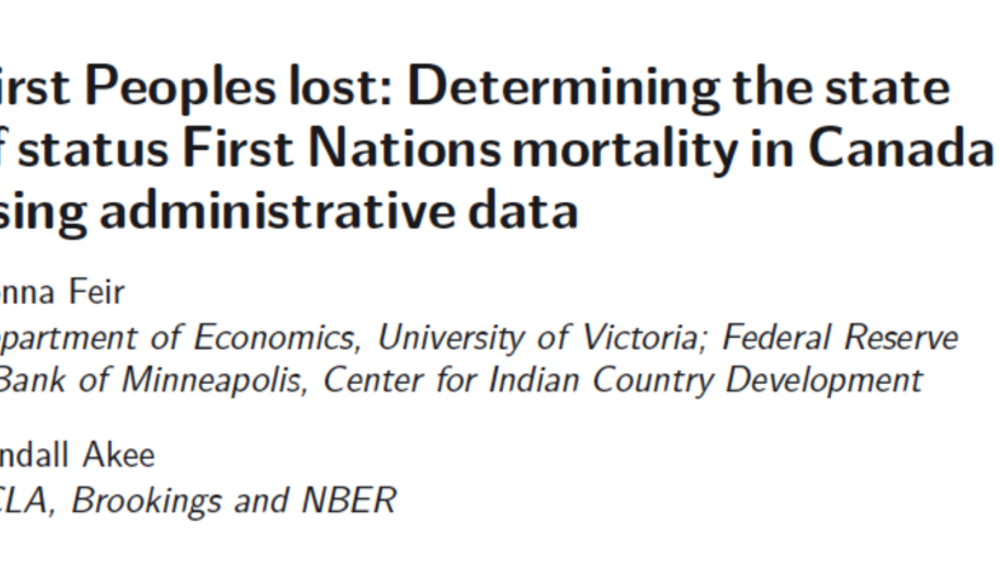
First Peoples Lost: Determining the State of Status First Nations Mortality in Canada Using Administrative Data
We present the most comprehensive set of estimates to date for status First Nations mortality in Canada. We use administrative data from Indigenous and Northern Affairs Canada to establish a set of stylized facts regarding status First Nations mortality rates. Between 2010 to 2013, the mortality…
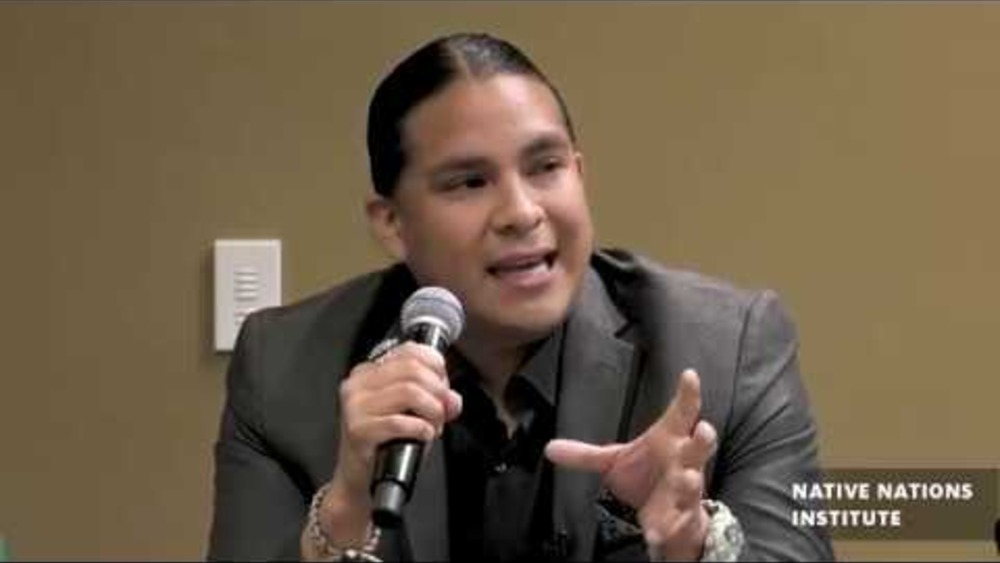
Indigenous Data Sovereignty Panel IDSOV Summit Arizona 2019
Native scholars working to advance the research on indigenous data sovereignty give their perspectives on the issues facing Native communities around data collection and date use. Dr. Jameson D. Lopez (Fort Yuma Quechan (Kwatsáan) Indian Tribe), Carmenlita Chief (Navajo Nation), and Dr. Tennille…
